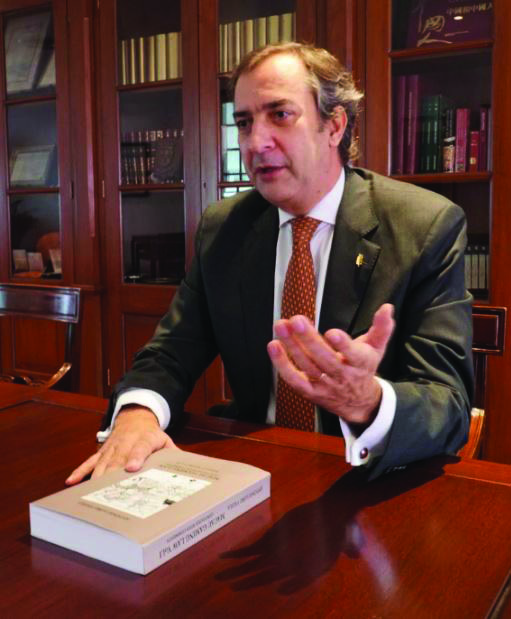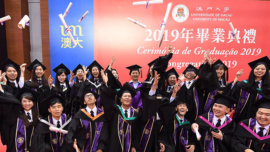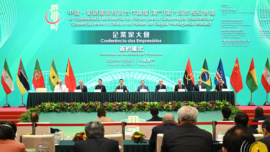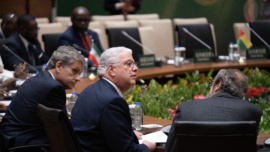Senior gaming legal expert António Lobo Vilela emphasises that the top court’s decision on the status of casino workers has put an end to a long-standing legal limbo and resolved uncertainty for good. However, he notes that the ruling does not include those working for non-casino gambling such as mutual betting.
“To be or not to be: that is the question,” was the title of an opinion article published in November 2022 by Macau Business columnist António Lobo Vilela, discussing whether employees of casino gaming concessionaires should, for criminal purposes, be equated to civil servants.
The SAR’s Court of Final Appeal shed light on the controversy once and for all with a decision in early March, by considering that gaming operators’ employees should not be considered to be civil servants for criminal purposes. At the heart of the dispute was whether or not casino gaming concessionaires fell within the scope of “companies operating on an exclusive basis” as defined by Article 336 of the city’s Penal Code, which encompasses not only government workers but also those hired by a company ‘running a business on an exclusive basis’. The legal conundrum lay with the concept of a company that runs a business on an exclusive basis. Casino operators carried out their business under a concession system, meaning that they explore an activity that is in nature of an exclusive nature, though not by a single concessionaire since the 2002 new gaming concession regime, which broke the monopoly system.
According to the top court, the city’s lowest court of justice – the Court of First Instance – and the second-tier of the judiciary – the Court of Second Instance – failed to see eye to eye over the links between a croupier and a civil servant in two criminal cases involving theft of gaming chips and payouts. A unification ruling was deemed necessary and the Court of Final Appeal issued a statement on March 5 announcing that, after consulting the justification note of Law 16/2001 (known as the Macau gaming Law), the statements of the at the time Secretary for Economy and Finance and other authoritative opinions, it concluded that the new gaming law introduced reforms by ending the traditional “exclusive” model. This meant that within the framework of this Law and other relevant legislation, the exploitation of games of chance in casinos would no longer be granted on an exclusive basis, and the concessionaires ceased to operate games on an exclusive basis. As a result, they no longer equated to “companies that operate activities on an exclusive basis” provided for in article 336.º, n.º 2, al. c) of the Penal Code.
“The unification judgment with binding effect on the question of whether employees of casino gaming concessionaires should, for criminal purposes, be equated to civil servants ends a polemic that goes back to the time when the text of the current Criminal Code was being discussed,” António Lobo Vilela told Macau Business, emphasising that this “ends with the possibility of any future opposition of judgements on the matter.”
For Vilela, a former senior adviser to the Macau Gaming Commission and a member of the think-tank in charge of (co-)drafting the 2001 gaming law, “Regardless of the legal solution found and the legal grounds used to choose that solution, the important thing is that there is now a final decision on the matter, and employees of casino gaming concessionaires are no longer in legal limbo.”
However, “it is worth noting that the decision only applies to the employees of casino gaming concessionaires, not those working for the concessionaires of the other types of gambling permitted in Macau (mutual betting and operations offered to the public),” said the author of the “Macau Gaming Law” book.
























